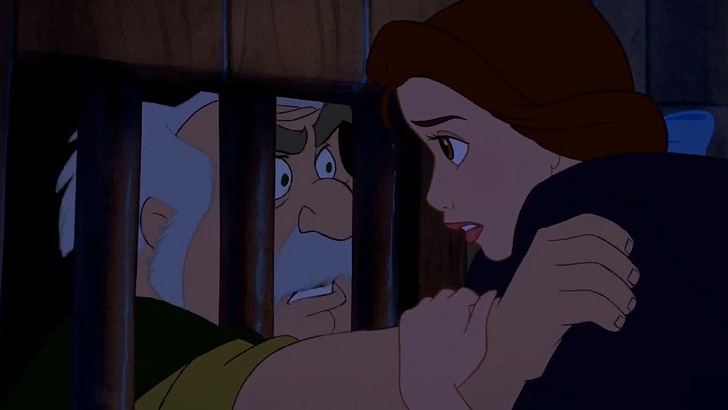Protecting the Widow, Orphan & Stranger: The Judah Story as Origin
And how Harry Potter & Disney references showcase it
Keep reading with a 7-day free trial
Subscribe to Parsha with Chana to keep reading this post and get 7 days of free access to the full post archives.


